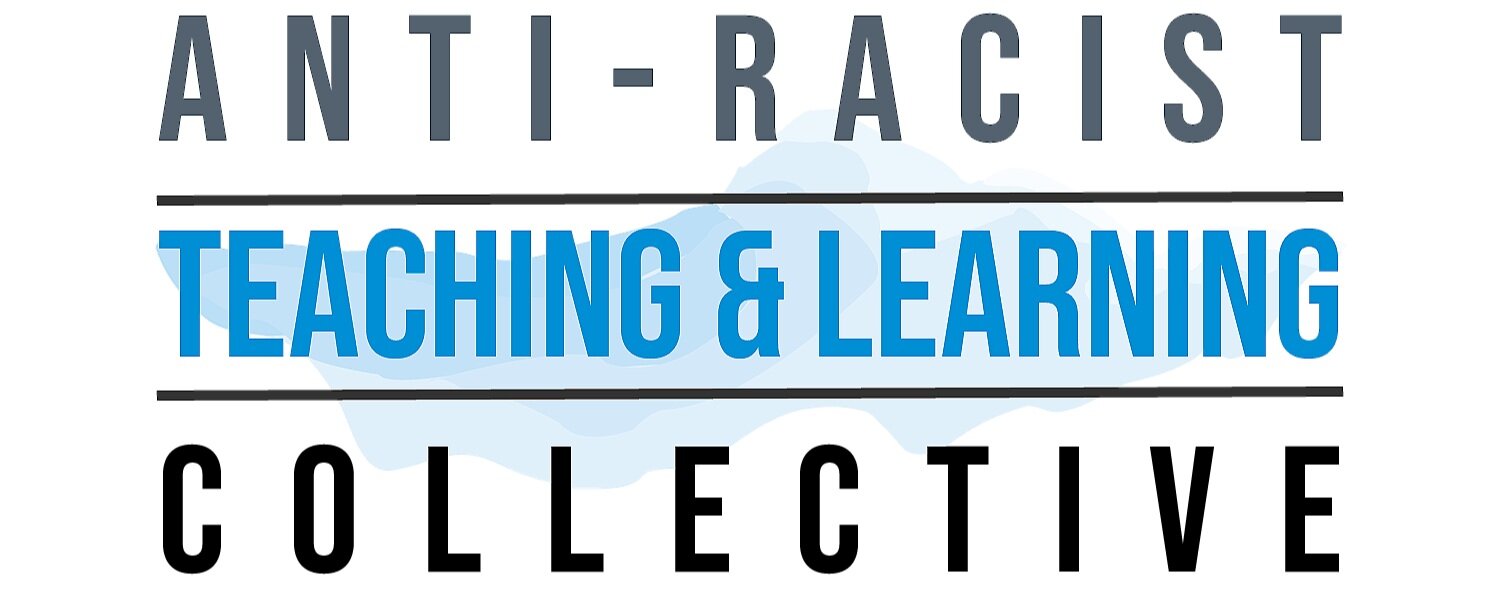CT Teachers Meet to Review Black and Latinx History Course Materials
This July, the ARTLC hosted two meetings, one virtual and one in-person, for teachers teaching the upcoming Black and Latinx History Course. These sessions, attended by 24 total educators, served as a space for teachers to come together to review the recently released SERC curriculum, discuss strengths and weaknesses, and plan next steps for implementation.
Overall, the SERC materials provide strong essential questions and learning objectives for the course. One main concern that was raised was the divide in the curriculum between Black and Latinx histories as two separate semesters rather than one integrated history. The sheer length of the 11 unit curriculum and the feasibility of completing the material was also a concern. Some teachers, however, have already begun taking action to make the course and materials work for their students’ particular needs. Nataliya Braginsky shared her edited version of the curriculum that she plans to teach in the New Haven Public Schools. Her version keeps the same essential questions and learning objectives but breaks the curriculum into 8 more manageable units.
One of the key takeaways from the sessions was that each teacher would need to put in the work of editing the curriculum for their individual classroom and students. While the same essential questions and learning objectives will have to be reached, how the path each teacher takes to get there may look quite different.
Moving forward, the possibility of hosting a day-long, in-person workshop with 3 different facilitators was raised to allow for a community of teachers to work through the curriculum unit by unit. There were also concerns during the communities of practice about the varying experience levels that teachers were entering the space with ⸺ an in-person workshop may allow for teachers to be separated by experience level while having time for more thematic breakout sessions as well.
There will also be an upcoming student-led workshop in partnership with youth organizing groups to allow teachers to hear from students about their hopes and expectations for making the course anti-racist and responsive to student needs. what they want out of the course.
